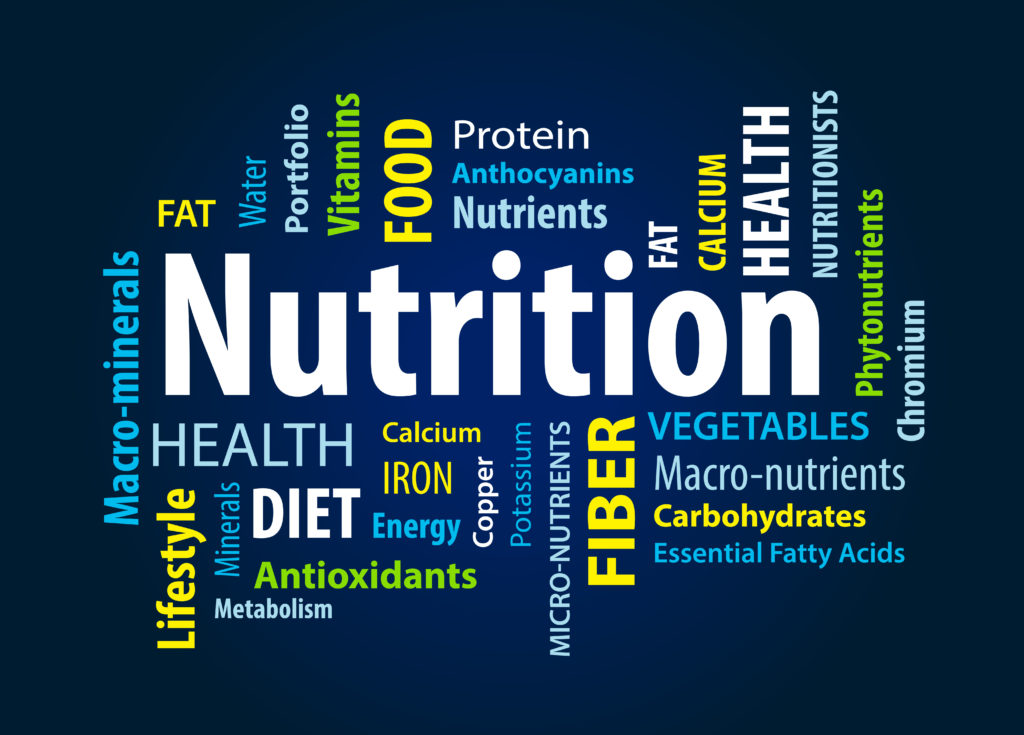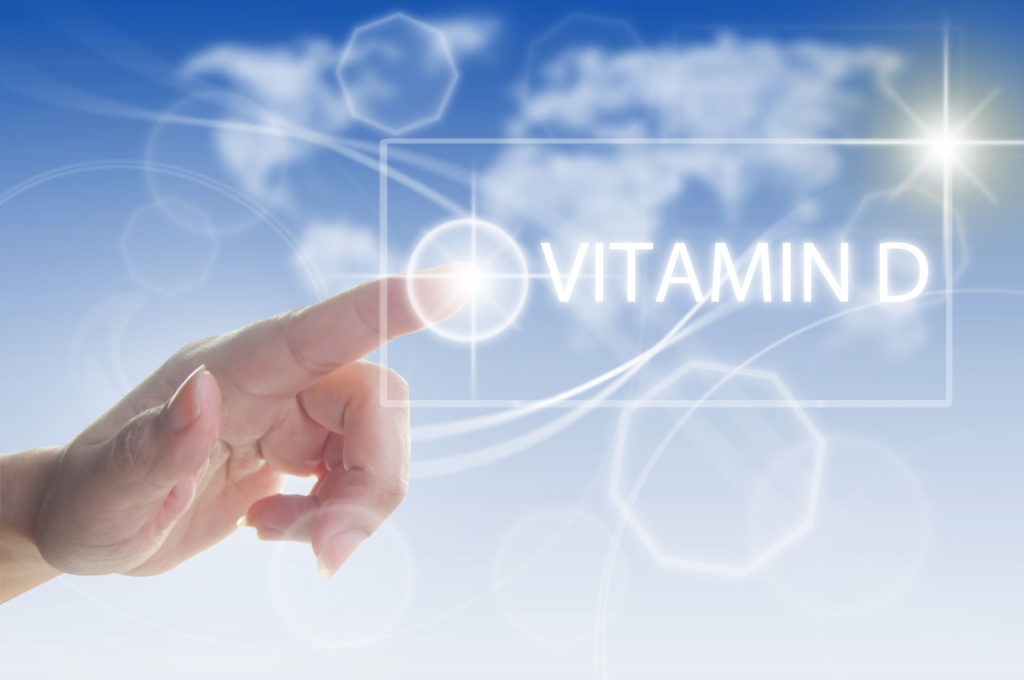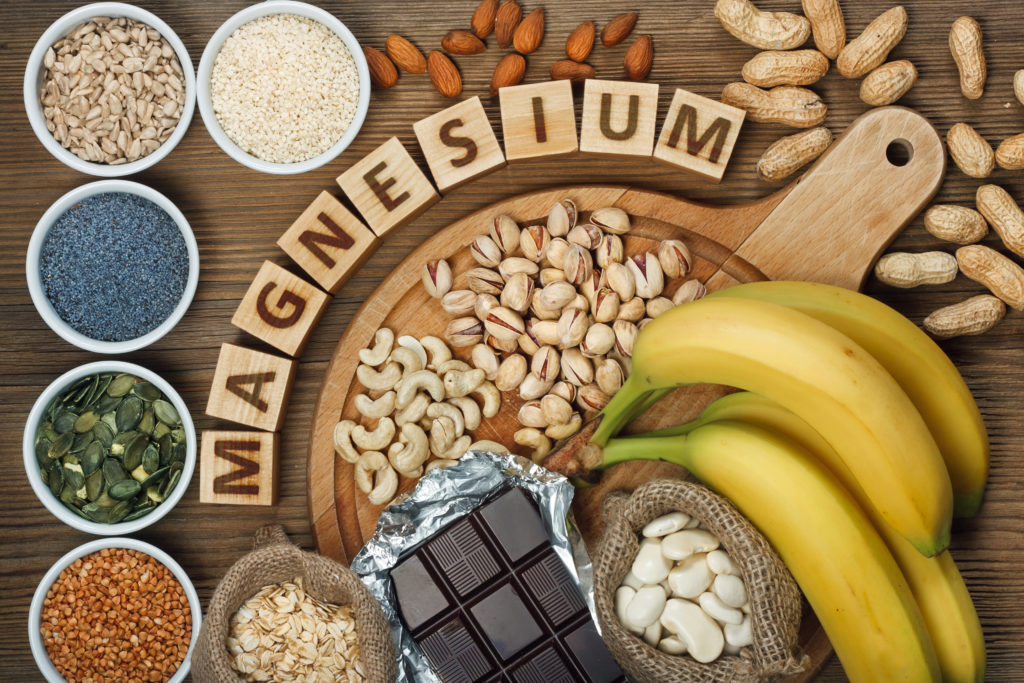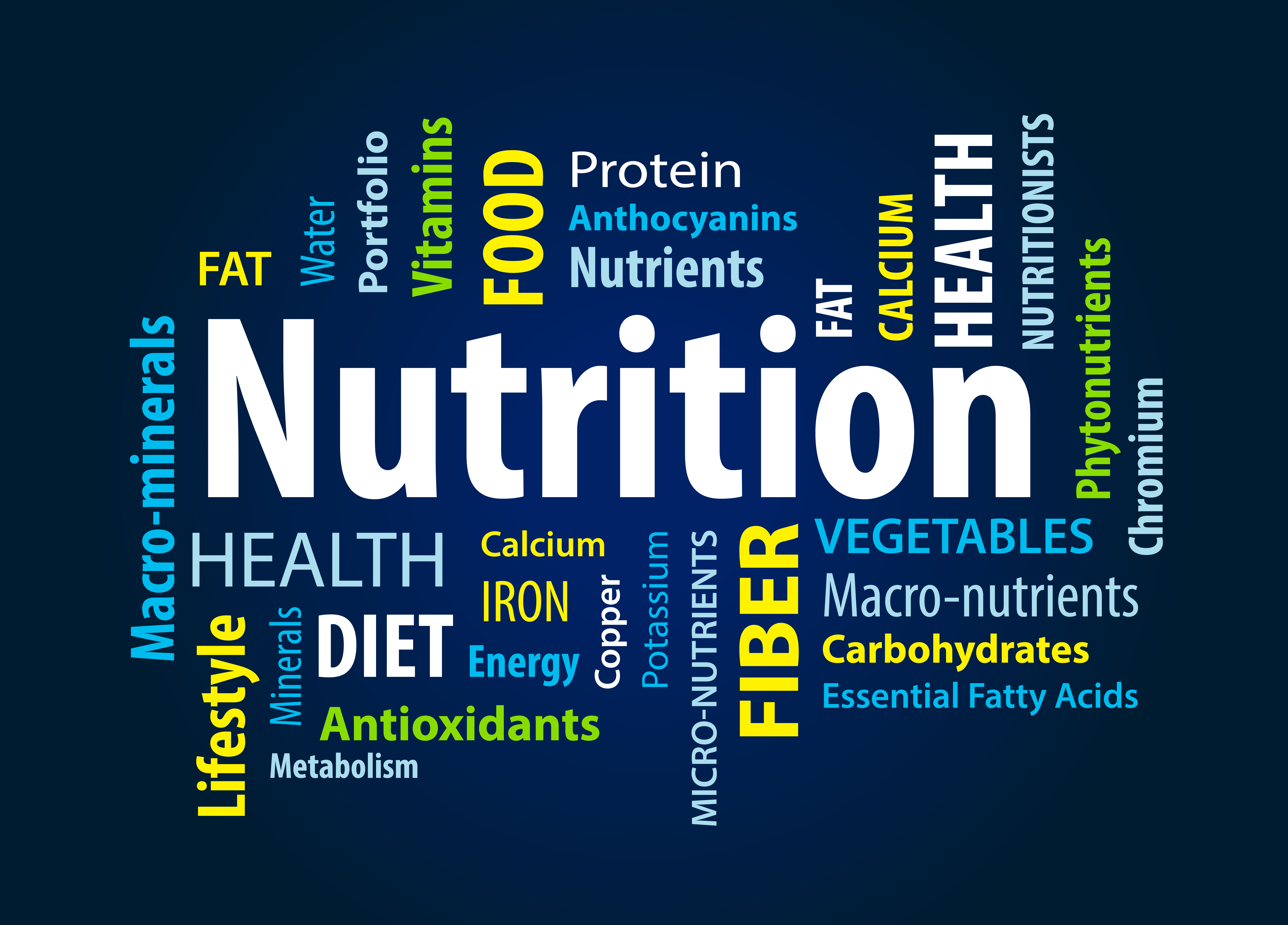Even if you are someone who is always super conscious about your health, demands of modern life from busy schedules can make it hard for you to acquire all the nutrients you need. And this leads to nutritional deficiencies. If you are in North America, this statement may seem untrue to you as you may think nutritional deficiencies are typically a challenge of the undeveloped countries, right? Well, that’s wrong. Recent reports indicate that 10% of people living in the US suffer from some of the nutritional deficiency. That’s shocking, isn’t it?

The first thing that will cross your mind when talking about nutritional deficiencies in your diet. Sure, you may be eating the required amount of food and even getting your share of fruits, but there is still a fair chance you’re not getting a sufficient amount of nutrients. That would then lead to you having one of these nutrient deficiencies:
- Fatigue
- Lack of energy
- Pallor
- Poor memory
- Brain fog
- Anxiety
- Acne
- Unhealthy complexion
- Frain hair and nails
The worst part of this is that the list is far from complete.
If you are super conscious about your health, then you’ll always prefer prevention to correction. Therefore, before getting any of the listed health problems, get to know the most common nutritional deficiencies and how you can prevent them.
Iron
It’s ranked as number one in the most common nutritional deficiencies and most frequent in women. Iron is essential to physiological processes such as energy metabolism and oxygen transfer. Iron deficiency is basically caused by inadequate intake; however, there are other reasons such as digestive bleeding, menstrual bleeding, and malabsorption. Iron deficiency leads to anemia.
So how do you handle this? If you are thinking of supplements, stop it. The good sources of iron are natural sources. Try out spirulina instead of the OTC iron supplements. Additionally, liver and red meat can serve as a good source of iron; however, not the healthiest. Try out food like mushrooms, beans, lentils, pumpkin seeds, and chickpeas as healthier sources of iron.
Vitamin D

It is responsible for boosting the intestinal absorption of other minerals such as calcium. Your body synthesizes vitamin D in the skin under direct sunlight exposure and later on activated in the kidneys and liver. Due to the scarcity of the natural sources of vitamin D, it is improbable to acquire the required levels.
Despite that, you can still fight vitamin D deficiency by oral supplementation – the most preferred being the natural D3 supplementation. The next alternative is sunlight. Spending ten to fifteen minutes of outdoor each day is enough to get vitamin D.
Calcium
It is mineral used for bone formation, neurovascular and cardiovascular health, and muscular contractions. The consequences of missing this nutrient include osteoporosis and hypocalcemia that induces heart problems such as painful muscle contraction, arrhythmia, and convulsions.
For you to fight this, you need to take calcium-rich foods. One may think that eating more dairy is the answer. Yes, dairy does have calcium, but they are linked to hormonal imbalance and acidic PH. Try out other sources such as almonds, brazil nuts, greens, and apricots.
Magnesium

It is a major player in several metabolic reactions involved directly in controlling the electrolyte levels in your body. In plain English, it means, magnesium deficiency induces weakness, heartbeat anomalies, muscle cramps, insomnia, and irritability.
An interesting fact about magnesium is that it is a tricky nutrient as its metabolism can be affected by social factors like stress or habitual factors such as alcohol consumption and imbalanced diets. To get more of this nutrient on your table, consume leafy greens, nuts, and fruits.
Vitamin B6
It is one of the most vital vitamins under the B spectrum. It is essential for the metabolism of lipids, glucose, amino-acids, hemoglobin, and gene expression. Most people do not meet the RDA on vitamin B6, and unfortunately, they don’t even know it.
Irritability, fatigue, and nervousness are a few clues of someone not meeting the RDA on Vitamin B6. Excellent natural sources of Vitamin B6 include legumes, chicken, and potatoes.
Conclusion
There you have the most common nutritional deficiencies. It’s not a coincidence that greens are almost sources of all these nutrients. Therefore, it is advised to always make fruits and vegetables as a major part of your diet. Feed your body well, and it will take excellent care of you. Who needs a hospital when you can have a healthy kitchen!


